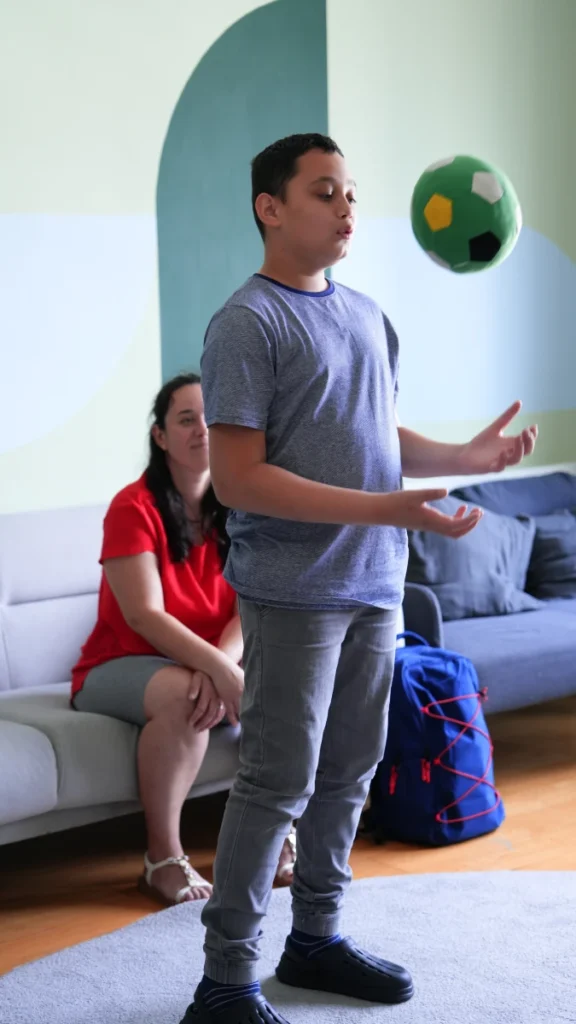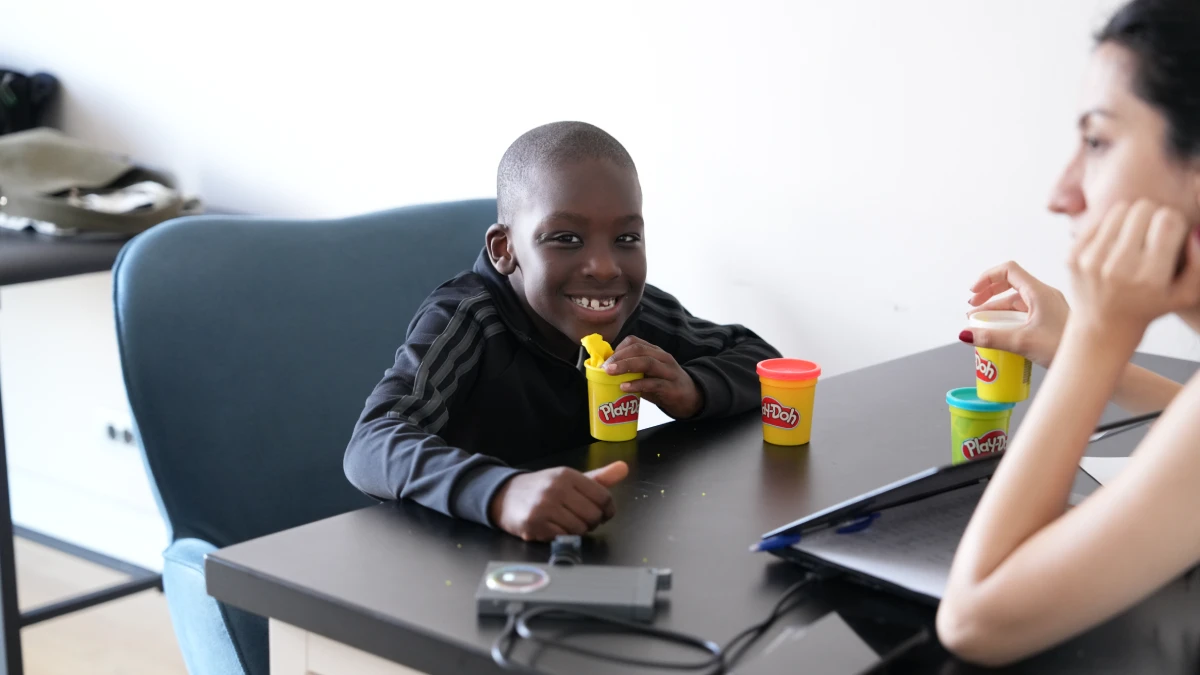Water holds a unique place in the lives of many children with autism. Whether it’s the calming effect of a pool, the gentle rhythm of ocean waves, or the simple joy of a bath, water often serves as a therapeutic tool for both sensory regulation and emotional comfort. This blog explores the powerful bond between water and children with autism, highlighting its therapeutic potential and the deep connection many families witness firsthand.
- Why is water important for children with autism?
- How does water therapy benefit sensory integration?
- What makes the relationship between water and autism so special?
Table of Contents

The Therapeutic Power of Water
Sensory Benefits
Many children with autism experience sensory processing difficulties, where sounds, textures, or movements can be overwhelming. Water, with its unique physical properties, can offer a comforting and controlled environment for sensory stimulation.
- Water provides gentle pressure that can feel like a “hug,” helping children regulate their sensory input.
- The resistance of water allows for slower, more controlled movements, making it easier for children to feel in control of their environment.
- The sound of flowing water or the repetitive motion of swimming can soothe children, promoting relaxation.
Improving Motor Skills Through Water Play
Engaging with water also helps develop motor skills, both fine and gross motor movements. Simple activities such as pouring water, playing with bath toys, or swimming can support muscle development and coordination.
- Swimming: Strengthens muscles and improves coordination.
- Pouring water: Encourages hand-eye coordination and fine motor control.
- Splashing and jumping: Helps with balance and body awareness.
Water therapy, often incorporated in occupational therapy or physical therapy, serves as a non-invasive and enjoyable method to support these developmental milestones.
Emotional and Psychological Impact
Water as a Source of Calm
For many children with autism, water provides more than just physical relief—it offers emotional calm. The fluid nature of water, combined with its sensory appeal, helps reduce anxiety and promotes a sense of peace.
- The rhythmic flow of water can have a meditative effect, encouraging deep breathing and a sense of safety.
- Playing in water allows children to express themselves without the constraints they may feel on land, improving their emotional well-being.
Bonding Opportunities for Families
Water also creates opportunities for family bonding. Whether at a beach, pool, or during bath time, parents and children can share meaningful moments, building trust and connection in an environment that feels safe and enjoyable for both.
- Families often report that their children seem more at ease in water.
- Siblings can engage in inclusive play, fostering stronger family ties.
How to Introduce Water Therapy at Home
Introducing water-based activities at home can be an excellent way for families to engage with their children in a supportive and fun way.
- Start with small water play activities: a gentle bath, water toys, or a small pool.
- Consider water sensory tables, which allow children to explore textures and temperatures.
If possible, enroll your child in swimming lessons designed for children with special needs.
